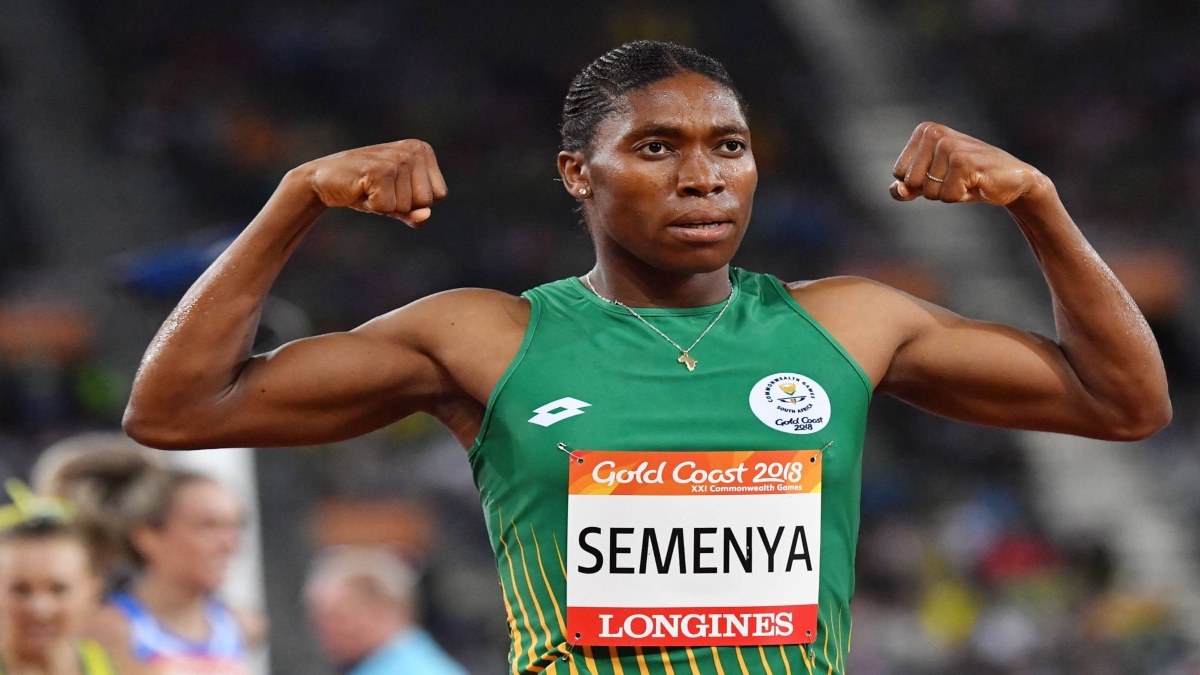
NEW DELHI: Caster Semenya, an intersex middle-distance runner from South Africa, was suspected to have a high level of testosterone for a woman (a condition called hyperandrogenism). She was tested for gender verification in 2009 to clarify her gender and was later withdrawn from international competition until 6 July 2010 when the International Association of Athletics Federations (IAAF) cleared her to return. Sex verification in sports, also known as gender verification involves gynaecologists, endocrinologists, psychologists, and internal medicine specialists.
In 2019, new IAAF rules came into force preventing women such as Semenya from participating in 400m, 800m, and 1500m events unless they take medication to lower their testosterone levels.
She won a silver medal at the 2011 World Athletic Championship and the London Olympic 2012, both in the 800 m run and 1500 m run. In December 2015, she married runner Violet Raseboya. Caster Semenya emerged from humble beginnings to become one of the most recognised faces in South Africa’s sports but she has never run as fast as she did before her testing. She was required to undergo gender verification testing in 2009. Semenya was shortlisted for women’s 2016 World Athlete of the year.
Dutee Chand, a sprinter for India, also was tested and found to have hyperandrogenism. IAAF, now renamed World Athletics barred her from competing in 2014. Sprinter Dutee Chand was later subjected to a humiliating gender test. But the Court of Arbitration for Sports (CAS), based in Switzerland, overturned the IAAF’s ruling and gave her back the right to compete in 2015
Many people wonder if these test requirements are fair, especially since males are typically not required to undergo gender testing. Also, an individuals’ hormone levels can fluctuate based on something as simple as the time of day, so no gender method is 100% accurate.
Experts point out that the physical characteristics of any player will depend on the player’s conditioning and skill levels, not on their genetic makeup. Trans and intersex athletes, therefore, have no inherent advantage over other players. And players are at risk from other players who are stronger, faster, and more skilled than they are, no matter what sex chromosome they have. Competitive advantage can also be driven by other factors great swimmer Michael Phelps, for instance, has very long arms that help him move through the water faster. Besides, one athlete may have a strong, more ferocious competitive drive than the other, translating into determination to win.
On July 25, 2015, in the landmark, CAS overturned the Dutee Chand ban and suspended the hyperandrogenism rule. Dutee Chand later won a bronze in 200 m she clocked 23.24 seconds in the Asian Athletic Championship 2019 at the Khalifa Stadium, Doha.















